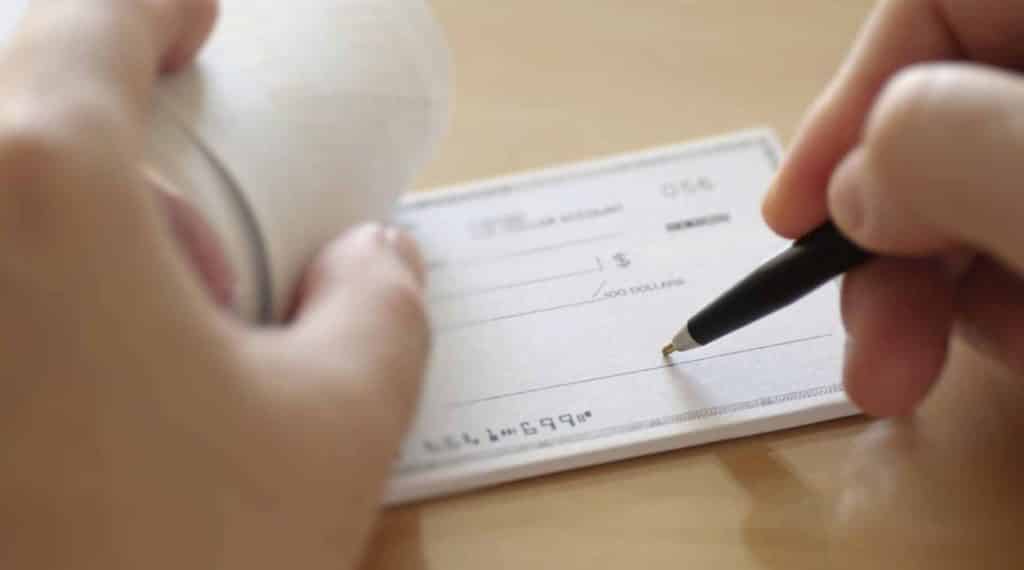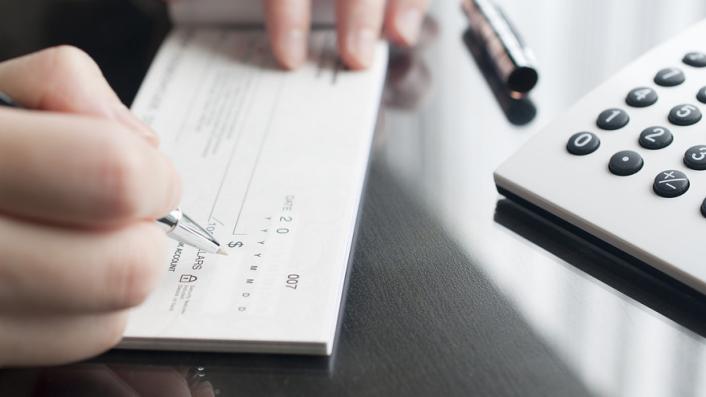A negative balance is conceivable, even if you often check your bank balances online. Overdrawing your account is the technical term for this. This might happen if you neglect to deposit a check you wrote to someone who doesn't quickly deposit your review. Your account may have been overdrawn because a debit card transaction did not transparently. It's also possible that a deposit was held up, leaving you with no money to pay your withdrawals. Insufficient or non-sufficient cash in your checking account might have various implications, all of which are governed by your bank's regulations.
How Overdrawing Affects You
Overdraft protection may be available from your bank. Customers of banks can choose this option. Transactions can go through even if you don't have enough money in your account, up to a specific level, thanks to this insurance coverage. You may be charged a fee and interest for utilizing the service based on the bank and your account type and features. Linking a checking account to another account is possible in particular circumstances. Overdraft funds are automatically sent to your checking account to offset the shortfall if your balance exceeds the minimum.
Overdraft Fees and Security

Regardless of the conditions of your account, you may be charged numerous fees for utilizing these services. In the following situations, your bank may charge you: There will be a charge for each transaction until your balance is restored or for each transfer of funds from your backup savings account to your checking account.
- If your account balance is negative for more than a day, you may be charged a daily cost and a monthly service fee.
- Return check fees may apply if a check is returned. The price of all these expenses might soon mount.
Is It Worth It To Join?
Customers of financial institutions are required by law to enroll in overdraft protection plans. When you open an account, your bank can't automatically enroll you. It may appear to be a safety net, but it might lead to many costs. There are also costs to not participating. Overdraft protection is frequently required to avoid declining a transaction because you lack the cash to cover it. If you don't have it, the transaction will be refused. It's inconvenient to try to withdraw money from an automated teller machine.
Closures of Accounts

It's important to remember that overdraft protection is reserved for emergencies, like forgetting you made the check. If you have a negative balance for an extended period, your bank account may be closed if you fail to bring it back up to date. Reading over your account's terms and conditions is a good idea to see the ramifications. To learn more about what happens if your bank account is frequently in the red, you may visit your bank and speak with an employee.
Collection of Debts
You aren't out of the woods even if your bank shuts your account. You'll be notified through email. As a result, you'll know exactly how much money you still owe. You borrowed money from your bank so that your transactions could go through like a loan.
The message should provide instructions on correcting your account and what will happen if you don't pay back the money. Most of the time, the bank will attempt to collect the debt independently. The last resort is to turn you over to a collection agency. In some situations, your credit history may also be affected, damaging your credit score and future credit applications.
Overdraft Fees on a Checking Account - What Are They?
Overdrawing a checking account can result in various fees, depending on the bank. There was a $33.47 national average in 2020, although charges can go up to more. Overdraft fees aren't the only costs that account customers may face if their balances go below zero. In some instances, though, banks have removed overdraft fees and provided customers with various additional options.
How Do I Stop Overdrawing My Account?
There are a few things you can take to avoid having an overdraft on your checking account. Keep an eye on your account balance and keep track of all pending withdrawals and transactions. Make sure you know where you stand by signing up for account transaction and balance notifications. You may also connect your accounts so that funds are automatically sent to bring you up to date if you are overdrawn. Don't utilize your account if it's overstated; quickly refill the amount.
Summary
In the long run, overdrawing your bank account may be quite costly. The Federal Deposit Insurance Corporation suggests that you keep an eye on your account balance and connect your checking and savings accounts so that any gap is covered by an overdraft-protection program to prevent overdraft charges. Bank applications make it easy to keep track of your balance, and many banks give alerts such as text messages when your balance falls below a certain threshold.









